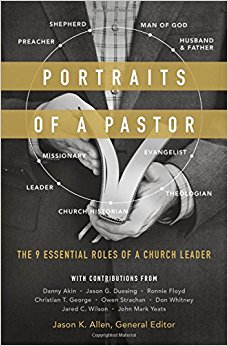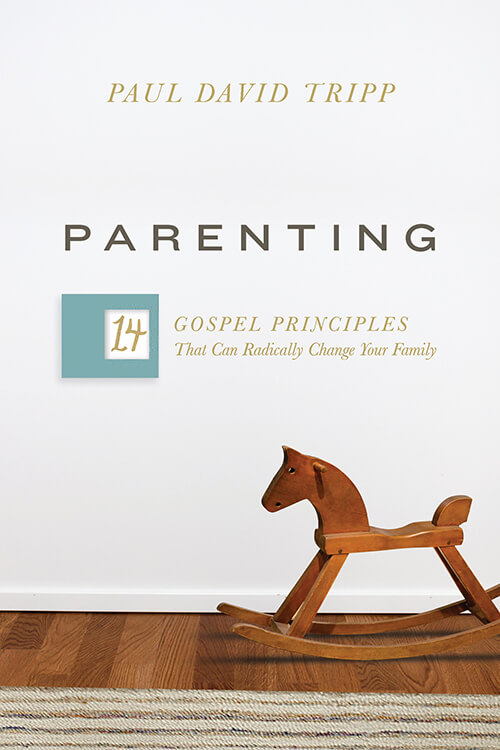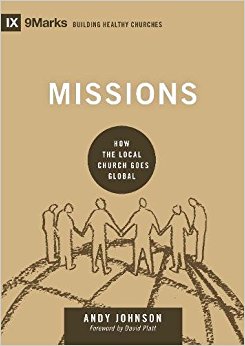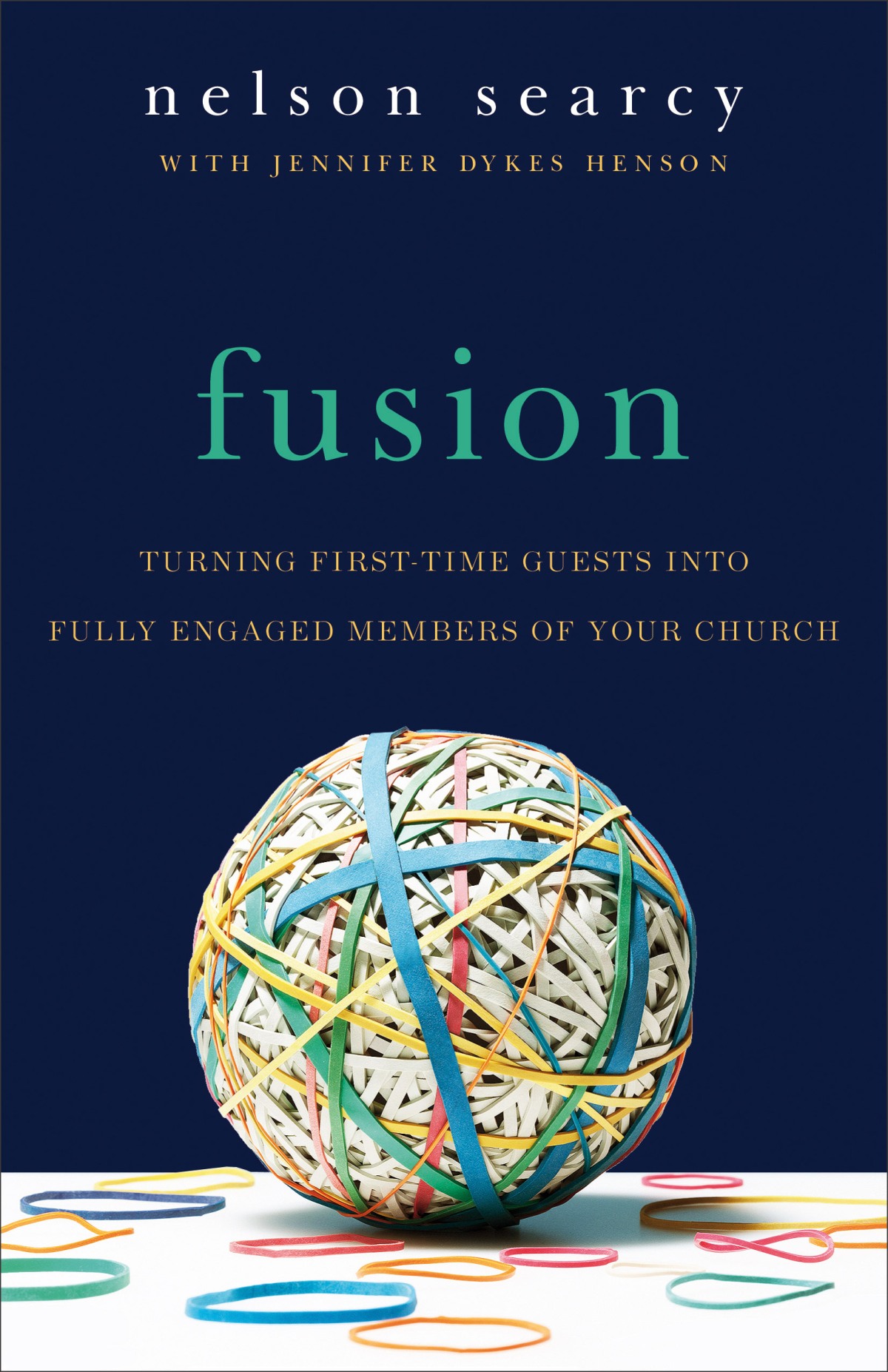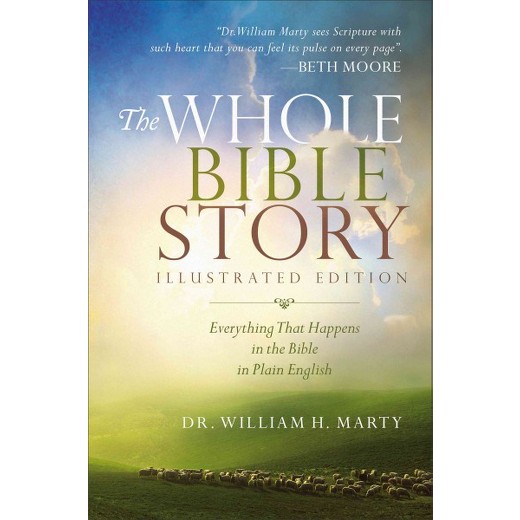With holidays both in the United States and my country of residence this week, blog reading this wee is a bit slower, so I’m taking the opportunity to break from most writing this week by providing some reads from the archives. Enjoy!
Few are able to get at the heart of an issue like Paul Tripp. It does not matter the form that his teaching takes, whether written or oral, the truth of what he reveals addresses the source of human conflict with practical wisdom from Scripture. Therefore, when Tripp released his book
Parenting: 14 Gospel Principles That Can Radically Change Your Family on September 30th, Christians took notice. The question to be asked though is: “Was it worth noticing?” After devouring the book, I give you one answer: “Yes.”
The gospel of our Lord Jesus Christ is a lens through which every life situation is filtered. Such a premise should include the aspect of parenting. Yet, it is easy to fail to see how exactly the gospel impacts our stewardship over the children entrusted to our care. Recognizing this, the author has built his book not upon strategies for parenting, but upon reorienting people towards the gospel in order “to give you the big gospel picture of the task to which your savior has called you” (location 146). He not only accomplishes his goal, but he goes further to compel readers to apply the gospel to the activity of parenting.
The author has written a book of fourteen chapters so that each chapter focuses on a specific aspect of the Christian life. He asserts the role of each both in the Christian life in general and then applies it specifically to the impact it has upon our parental mind. Tripp mixes chapters oriented towards the mindset of parents (i.e. ambassadors, calling, law and identity) with those oriented towards activities (i.e. grace, inability, process, authority, and mercy) in such a way that they are directed towards the heart attitude with which you parent your children.
There is one thing that is certain: if you do not want to be convicted of your own failures and sin, don’t read the book, because it will be difficult. Tripp doesn’t deal with the symptoms but with the core issues and in doing so reveals the heart issues that must be diagnosed. Through the use of Scripture, he not only shows you the word of God, but he forces you to examine it, either by going to the verse yourself or asking you to consider what it is you just read. In other words, it’s not merely his words that convict, but God’s. However, his own humility allows him to do so in such a way that compels readers to be honest in this personal assessment and to willingly to put into practice the truth that is the gospel.
While the greatest challenge is always self-confrontation, I suspect other will be challenged in others ways. Tripp tackles the modern paradigm that frames our parenting and forces readers to analyze them with a biblical framework. At times it can be very provocative in his handling of topics such as the working parents, rightful authority over children, and so on. Yet these are issues that need to be addressed from a biblical worldview, and whether you agree or not, they are worthy of consideration.
His writing style is very simplistic and easy to follow. Each chapter covers a single topic and begins with a principle. That assertion is then discussed and proven by the content of the chapter. Therefore, it is easy to follow Tripp’s discussion and get much out of the information he provides.
Perhaps the only drawback to the book is that it is heavily repetitious. In some sense, that is necessary because we need repetition simply for the sake of remembering. At another level, it’s easy to understand the need for repetition because, while each chapter addresses a specific topic, sometimes topics overlap. In that regard, we can appreciate it. Yet, I confess that sometimes it was so repetitious that it can be distracting and frustrating. I consider this to be of small consequence though and in no way does it take away from my opinion of both the author and his book.
We need more books like Tripp’s book on parenting. Books that will address everyday issues and life circumstances by merely showing us the gospel and how it is lived out within the context of our lives. In that regard then, I would urge all parents to pick up a copy. Certainly you will benefit from it.
Pro Reading Tip: One of the things I appreciate about Paul Tripp’s writings, is that while they may deal with a specific topic usually they are applicable across other areas. What’s that mean? It means that I would suggest you read this book even if you are not a parent or your children are no longer at home. You will find principles and concepts that carryover to a variety of life situations (i.e. I find that many principles in this book would be beneficial for when doing ministry).
To pick up a copy of Paul Tripp’s,
Parenting, click
here. Recently, I reviewed Paul Tripp’s latest release,
Come, Let Us Adore Him. To read that review and see a list of other recommended books from the author, click
here.
Full Disclosure: As part of Crossway’s blog review program, I received an electronic copy of this book at no charge. However, that had no bearing upon my review of this book.

